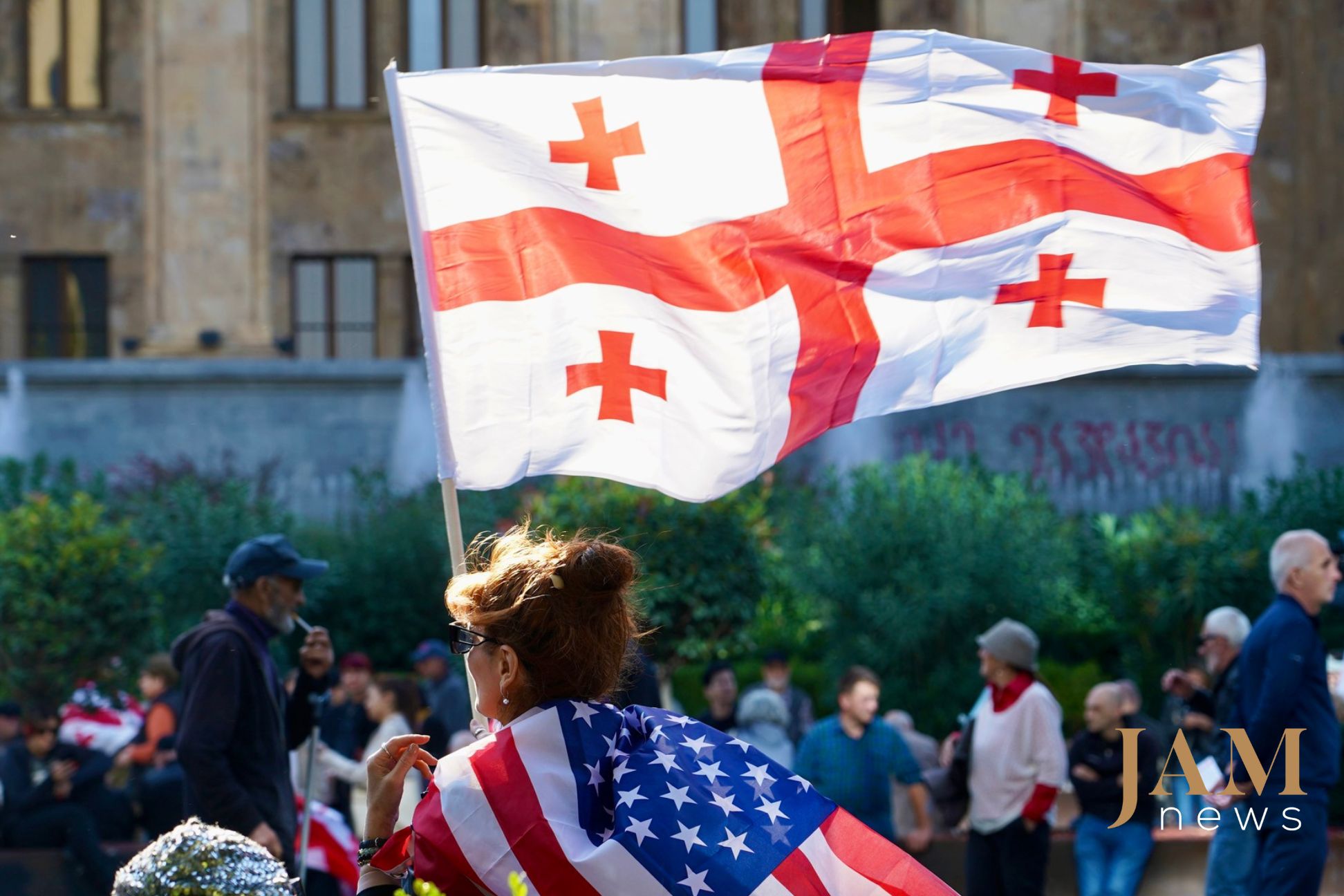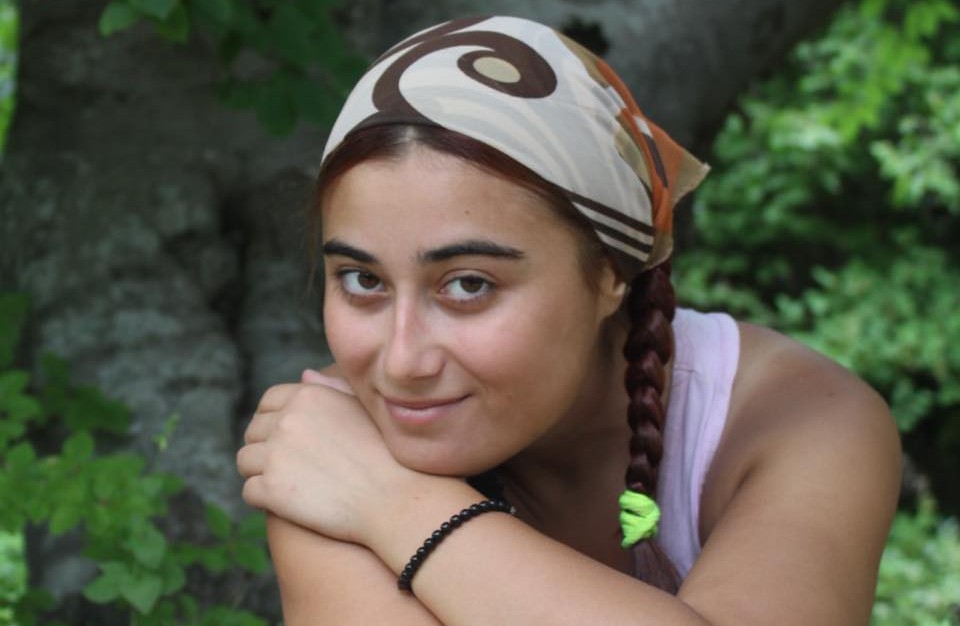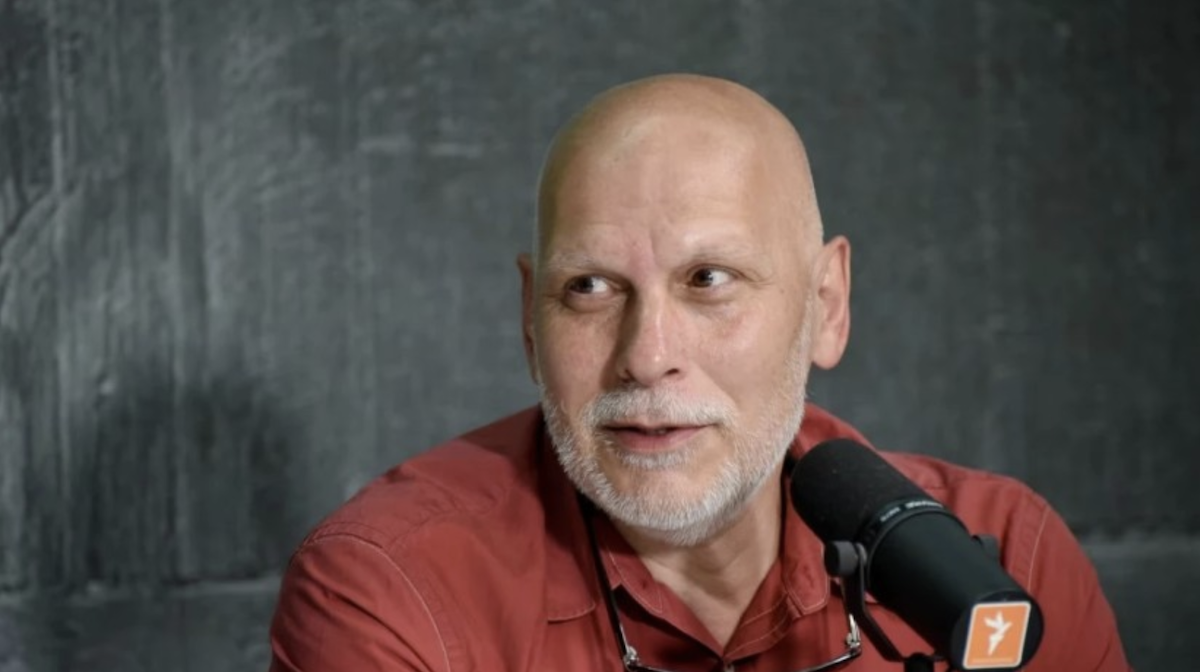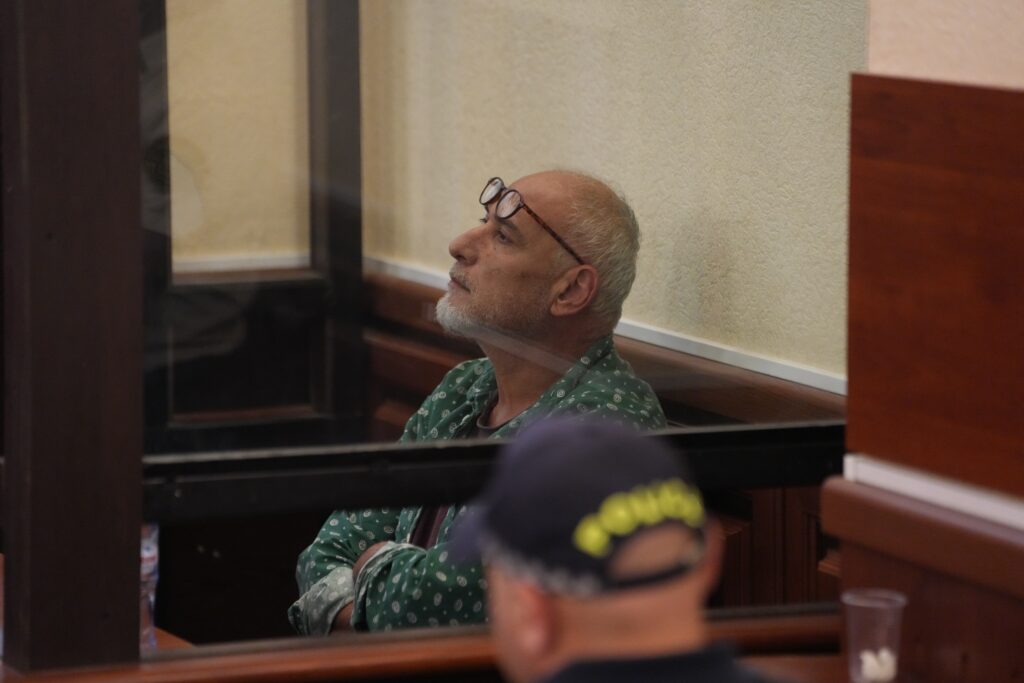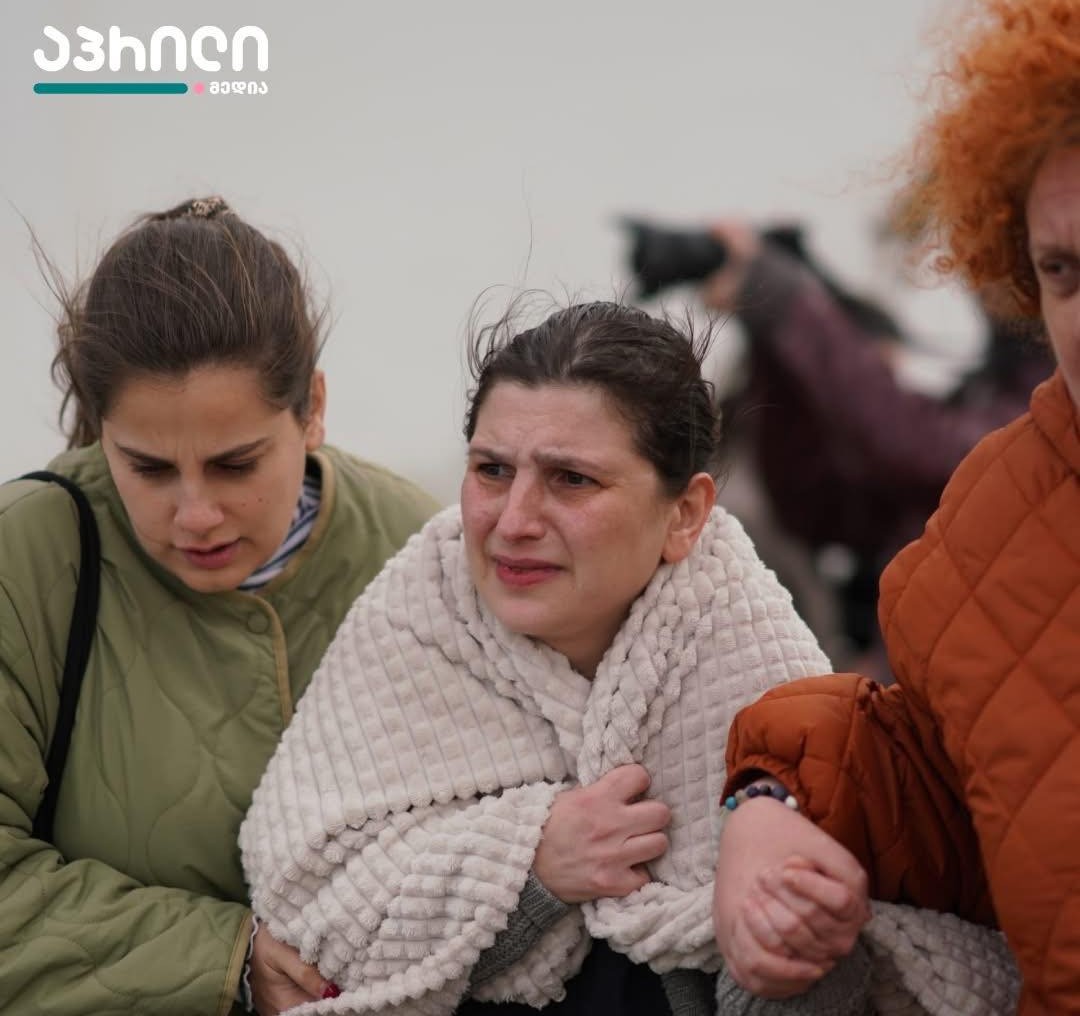Opinion: 'Georgian Dream’s laws failed, they cannot suppress freedom'
Georgian Dream cannot suppress freedom
“The laws passed by Georgian Dream have effectively failed. Neither fines of 5,000 lari (around $1,800), nor imprisonment, nor intimidation, nor the presence of police on Rustaveli Avenue have worked. Being arrested has become not something frightening, but rather a kind of honourable step,” said Nika Simonishvili, former chair of the Association of Young Lawyers.
He added that it has become clear that people go to prison not for power or money, but out of love for their country.
Commenting on the series of arrests of former officials on corruption charges, Simonishvili said: “For years, non-governmental organisations reported on corruption in the country, and it has turned out to be true.”
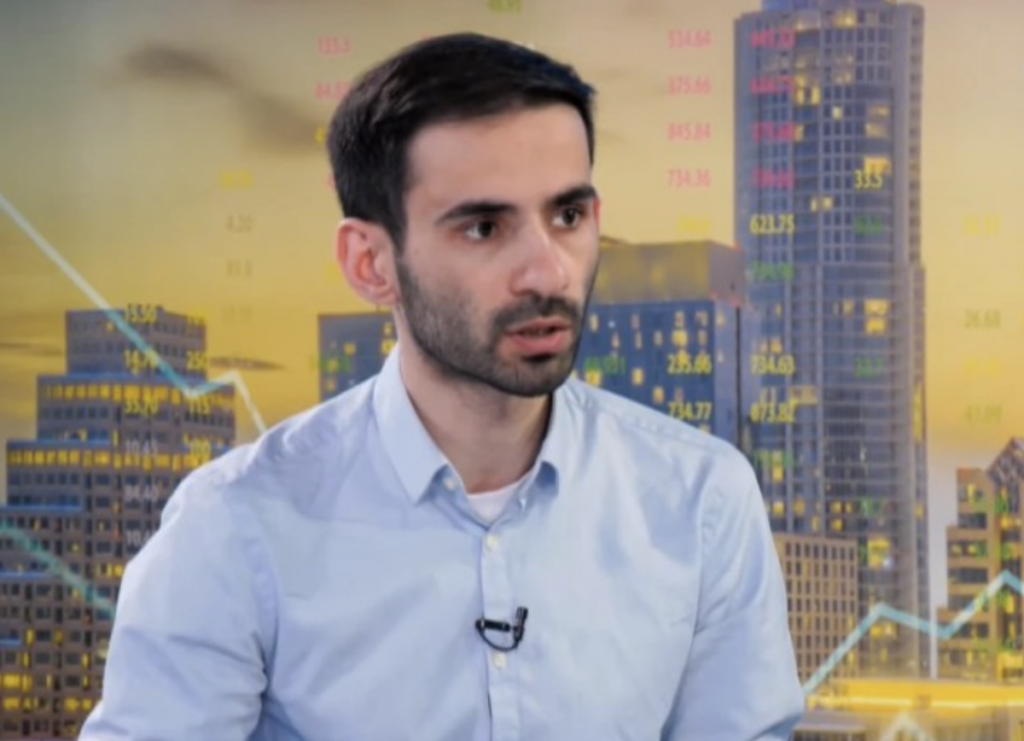
Nika Simonishvili:
“There’s a very interesting dynamic around the protests, especially after 4 October. Georgian Dream placed a huge bet on that date.
They wanted to end everything on 4 October and label the protest that took place that day as an act of mass violence — which, in fact, they failed to do, despite dozens of people being arrested.
Society saw that a significant number of those arrested were detained merely for entering the courtyard of the Presidential Administration, without committing any violent acts.
They keep talking about ‘violence’ and a ‘coup’, but of course these statements lack seriousness. The mere fact of entering the courtyard of the Presidential Administration cannot be called a violent coup. When there are no acts of violence, it’s impossible to construct a coup scenario.
After that, they began claiming that the protests of 5 October were a continuation of supposedly violent demonstrations — but that plan also failed. So what were they left to do? They introduced administrative penalties for blocking roads and for wearing masks to conceal one’s face.”
“We saw how some people were arrested simply for covering their faces, and others were sentenced to administrative detention for wearing a mask — something that, of course, could hardly win popularity or public approval during virus season.
The same applies to road blockages: we saw that arrests did not serve as a deterrent. On the contrary, administrative detention turned into a kind of honourable act for protesters.
It became a matter of dignity — even a form of prestige. People were not afraid of isolation or prison; quite the opposite, they consciously chose that path. The authorities realised that detentions alone would not allow them to bring the situation under control.
Georgian Dream also understood that they themselves had become what they once condemned. They didn’t want to behave like the previous regime — making mass arrests — yet eventually realised that in their repressive actions they were no different.
So now they act differently: they deploy hundreds of police officers and cordon off parts of Rustaveli Avenue simply to prevent people from coming out onto the street and joining the protest.”
“They realised that their law no longer works — and never will. The laws previously adopted by Georgian Dream have in fact proved powerless. Neither the 5,000-lari fines, nor the arrests, nor the intimidation worked. So they deployed police officers along Rustaveli Avenue.
Now they want to surround the protest with a ‘living fence’ to stop it from spreading and attracting more people. Georgian Dream is afraid the protest might grow into a mass movement.
Previously, interaction between activists and police officers was more detached. Now, however, there is what you might call ‘brainwashing’ going on inside the ministry: these people are being told that the protesters are traitors, that they want war and destabilisation.
The propaganda methods of Georgian Dream are working actively to discredit us — those who stand there.
Yet after getting to know us better, many of them — both police officers and convoy staff — began to understand that these people are in fact patriotic and truly love their country.
A friend of mine said they were told we were standing there for 50 lari a day. But his own fines have already exceeded 50,000. I think if anyone were really being paid 50 lari a day, the members of Georgian Dream themselves would be the first to show up.”
“People can see that no one is there for the money. Police officers and detention staff perfectly understand that those being arrested are not doing it for personal gain. It’s a value far greater than money or power — it’s love for their homeland. They are doing it for the sake of protest.
It is not in Georgian Dream’s interest for anyone within the system to realise that the protesters are not corrupt or traitorous, but people who sincerely believe they are acting for the good of their country.”










